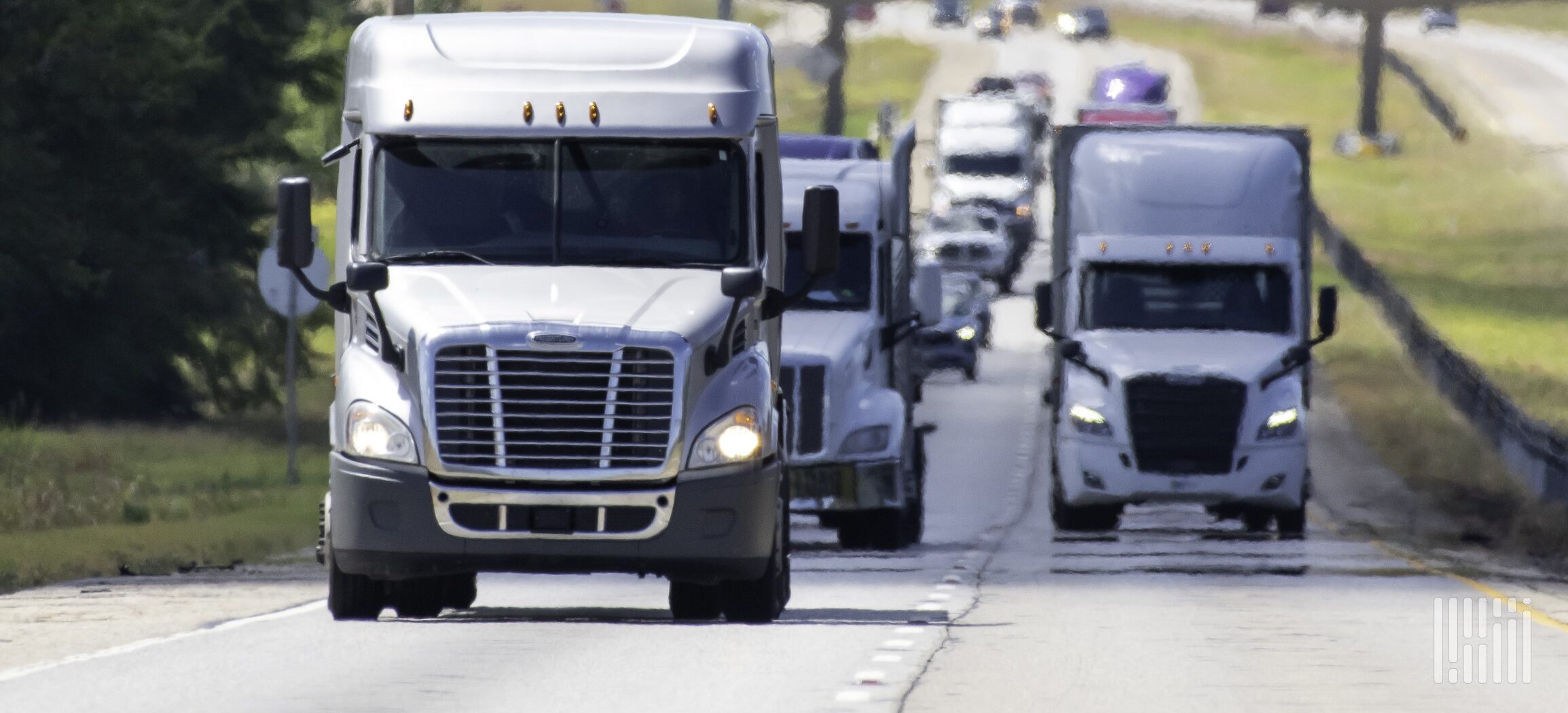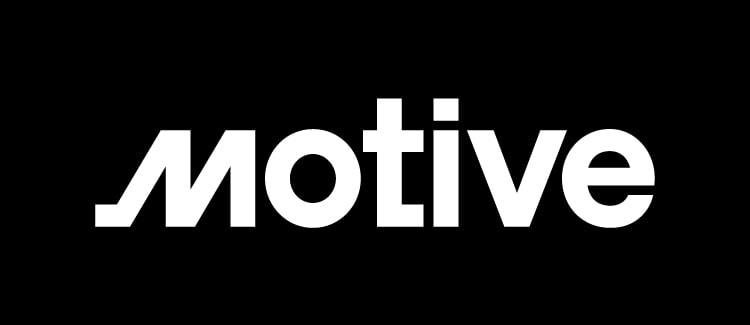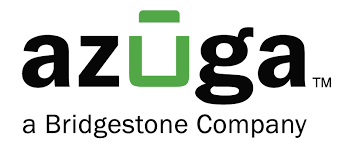Now more than ever, the quest for the best real time fleet tracking system is crucial for businesses aiming for optimal logistics and fleet management.
Whether you’re a seasoned industry player or a newcomer, our guide will help you navigate the complex landscape of commercial GPS tracking systems this year. Learn about the benefits of vehicle tracking, and some of the most effective tools for driving your business toward greater efficiency and profitability.
Quicklook: Best GPS tracking for fleet vehicles in 2025
- Best for simple implementation: Motive
- Best for improved fleet safety: Samsara
- Best for real-time data insights: Trimble
- Best for mid- to large-sized fleets: Verizon Connect
- Best for small to medium fleets: Azuga Fleet GPS Tracking
- Best for user friendliness: Geotab – Find a GPS
How does GPS fleet tracking work?
Fleet GPS tracking involves the utilization of vehicle-connected devices that transmit data and information to the cloud, enabling remote access for fleet managers. This valuable information encompasses various aspects critical to fleet management:
- Driver behavior
- Fuel use
- Vehicle location
- Status of assets
- Vehicle maintenance
- Security
- Route planning
Many GPS fleet tracking devices utilize cellular networks, enabling the transmission of real-time data within a time frame of 1-30 seconds. This ensures the most accurate and up-to-date information for effective decision-making.
Benefits of using fleet GPS tracking software
If you’re wondering what’s the best GPS for truckers, you should first evaluate the features and benefits they provide. From electronic logging device (ELD) compliance to improved safety, here’s a look at what you’ll experience when implementing this software.
Improved safety
GPS fleet tracking can help improve the safety of your drivers through in-depth behavioral feedback. Some systems that integrate with cameras allow trainers to send drivers footage of mistakes or areas of improvement. Plus, fleet managers will get maintenance alerts to avoid putting risky vehicles on the road.
Increased efficiency
Optimizing operational efficiency is key to minimizing wasteful expenditures on unnecessary mileage and unproductive time spent in the yard. Employing a GPS tracking system can greatly assist in swiftly pinpointing the exact locations of vehicles, expediting their arrival at docks or required destinations. This feature effectively reduces lag time and maximizes the utilization of a driver’s working hours, resulting in enhanced productivity and streamlined operations.
Reduced fuel costs
Fuel costs are one of the largest expenses that a fleet faces. If a driver uses a vehicle for unauthorized miles, it can increase fuel expenses unnecessarily. With GPS tracking, you can set geofences along the driver’s route to prevent unauthorized use and help fleet managers find ways to improve fuel efficiency. Another fuel benefit that most GPS devices offer is better route planning, which can further reduce fuel costs.
Theft or accident recovery
Thefts and accidents are common in the fleet industry. But with GPS tracking and dashcams, you can locate vehicles quickly and reduce recovery times. With roadside assistance built into many fleet tracker devices, you can rest assured that your drivers will be attended to quickly in the case of an emergency. And in the case of theft, you can activate the GPS tracker to find stolen assets.
Better data
GPS fleet tracking software can provide customized reports so that fleet managers can view and track the information that is most important to them. This feature can help companies make more informed decisions and take advantage of long-term opportunities to run a leaner business.
Top GPS tracking for trucking companies
With so many GPS tracking system options available on the market today, finding the right one may seem like a daunting task. We’ve narrowed down some of the best vehicle tracking system companies for your consideration here:
Motive
Motive offers one of the simplest GPS-based fleet management system options on the market to help you get started quickly. If you get stuck during the setup process, its guides and clear instructions help you troubleshoot and move quickly through the process. You can upgrade your monitoring by adding road-facing or dual-facing dash cams to aid in detecting unsafe driving. Remote managers can coach new drivers or train them at a distance in real-time to improve driver safety.
Best for: Simple implementation
Special features
- Setup guides and step-by-step instructions for installation
- 24/7 customer support available via many communication types
Benefits
- Easy-to-read dashboard
- Optional dash cams to capture footage even when vehicle is off
- Driver safety leaderboards to motivate safety
- IFTA fuel reports
- Compliance logs for hours of service (HOS)
Disadvantages
- No free trial
- Requires 12-month contract
Pricing: Contact for a custom quote
Samsara
The Samsara GPS fleet management system includes integrated dash cams and AI-powered driver monitoring with alerts to flag distracted driving. Samsara also offers in-cab voice coaching and driver safety scores to improve fleet safety. Installation is simple and standard features include live vehicle location, traffic condition and distance information. Premium features are offered at reasonable prices.
Best for: Improved fleet safety
Special features
- Integrated dash cams
- High definition video recording for insurance claims
- Automatically uploaded footage of driving incidents
- AI driver monitoring
- Integrated GPS and hours of service tracking, paperless DVIRs and temperature monitoring for enhanced compliance
Benefits
- Real-time visibility
- ELD, IFTA and DVIR compliance
- Fuel cards
- Monitor fuel usage
- Improved driver safety
- Share live tracking with end customers
Disadvantages: Lack of pricing transparency
Pricing: Check with Samsara for a customized quote
Trimble
No matter the size of your fleet, Trimble offers an excellent tool for tracking vehicles and offering data-driven insights so you can make informed decisions. Select from one of three tiers to get the features and functionality you want from your real-time GPS tracking system while balancing your budget. See how your drivers are doing with live stats and information. Build efficient routes using the software to lower fuel costs while delivering goods within the timeframe you committed to.
Best for: Real-time data insights
Special features
- Fuel price tracking
- System alerts
- Geofencing
Benefits
- Maintenance management tools
- Engine diagnostics and alerts
- User-friendly
- Customizable reports
Disadvantages: Occasional issues with customer care
Pricing: Based on features, contract length, and fleet size
Verizon Connect
The Verizon Connect GPS Fleet Management system is designed to offer a real-time, complete view of daily fleet operations. With premium features aimed to help reduce costs, increase productivity and stay on top of vehicle maintenance, it can be a one-stop fleet tracking solution for medium to large fleets. Verizon’s fleet management solutions include an easy-to-use app and integrations.
Best for: Medium to large fleets
Special features
- Mobile app can be used for driver communication
- Maintenance notifications
- Diagnostic trouble code (DTC) alerts
- Syncs across multiple languages and time zones
- Custom access and security levels
- Works with custom workflow scripts
Benefits
- Alerts for inefficient or unsafe driving behaviors
- Easy-to-use app
- Prefilled checklists for vehicle inspections
- Dash cam connection for added security
- Fuel consumption monitoring
Disadvantages
- Lack of pricing transparency
- May be better for larger fleets
Pricing: Contact Verizon for a customized quote
Azuga
Azuga’s Fleet GPS tracking software with dash cams improves driver visibility and safety. They report that their system reduces accidents by an average of 38% while improving transit times by 28% and reducing citations by 57%. Azuga’s system also features easy installation, a customizable dashboard and exceptional customer service.
Best for: Small to medium fleets
Special features
- Reduced accident rates
- Customizable dashboard
- App with a comprehensive fleet overview
- In-app messaging
Benefits
- Reduced fuel consumption
- Increased fleet safety
- Customizable reports
- Maintenance and expense tracking
- No professional installation required
- Excellent customer support
Disadvantages: Learning curve for creating reports and customizations
Pricing: Contact Azuga for customized pricing
Geotab

With software designed for ease-of-use, Geotab allows new users to quickly learn the system, while customizable dashboards let fleets configure visualizations specific to their key tracking metrics and operational data needs.
The device also provides simple plug-and-play installation of sensors and supports a mobile app for convenient monitoring, enabling drivers and managers to access and understand reporting without extensive technical expertise.
Best for: User friendliness
Features
- Integrates with ELDs
- Accurate real-time tracking
- Open platform for apps and APIs
Benefits:
- Compliance with regulations
- Reliable visibility and tracking
- Custom integrations possible
Disadvantages:
- Upfront hardware investment
- Monthly connectivity fees
- Not optimized for trailers
Pricing:
- $100+ for hardware
- $15 and up for monthly plans
- Custom options cost more
Choosing the right GPS fleet tracking system
As you evaluate the best GPS for truckers, consider the most reliable system, what previous customers have to say in online reviews and which reports and features the software offers. Here are some general guidelines for how to pick the best fleet tracking system.
Installation
Each type of vehicle in your fleet may have different installation requirements for GPS tracking devices. Review your fleet’s needs and capabilities to find the mounting approach that works for you. Most GPS fleet trackers offer plug-in capabilities, allowing you to connect to the OBD port.
Fleet size
Some vehicle tracking providers will only service fleets of a certain size. If you need a solution for only a few fleet vehicles, make sure you meet the GPS provider’s minimum threshold. And if you operate a larger fleet, look for add-ons that help streamline management processes, like automations and customized reporting capabilities.
Ease of use
Most devices are plug-and-play, which means you can install them yourself in 10 minutes or less. Many companies offer training videos and explainers to ensure the process is painless. Make sure you review these resources before selecting an asset tracking system.
GPS fleet tracking reports
Every fleet is different and while many systems come with pre-built analytics look for one that has customizable reports so you can track what is most important to you. This feature will help you get the most out of your system and see cost savings from the device. Consider which metrics are important to you, such as idling time, maintenance, geofencing and route suggestions.
Integrations
You should prioritize third-party integration capabilities when choosing a GPS tracker to ensure the system can connect with tools like telematics platforms, maintenance management software, and dispatching systems. These integrations enhance operational efficiency by consolidating cloud-based data, automating processes, and providing an all-in-one view of fleet performance.
Improve efficiency and safety with fleet GPS tracking
When vetting trucking GPS tracking systems, it’s important to consider which benefits of GPS tracking are most important for your business. Top GPS companies offer a variety of options, from basic tracking functionality to comprehensive fleet management solutions.
Reading and comparing fleet GPS tracking reviews will help you find the best system for your business. Also, you should consider GPS fleet tracking pricing as it varies based on system features and capabilities. Investing in fleet GPS trackers can make a big impact on your bottom line.
FAQ
The cost of fleet GPS tracking can vary greatly, typically ranging from $15 to $200 per vehicle per month, depending on the features and level of sophistication of the system.
Not all GPS fleet trackers require a monthly fee in the trucking industry. Some providers offer one-time purchase options for GPS tracking devices that operate without recurring subscription costs, although these systems may have more limited features compared to those with monthly service plans.
GPS tracking works by using a network of satellites that orbit the earth, broadcasting their location and time data. The GPS tracker on the ground receives this data from multiple satellites, and through a process called trilateration, it calculates its precise location on Earth.
While there are free GPS tracking apps like Google Maps, Life360, or Find My iPhone for basic tracking, truly free GPS tracking systems with professional features for vehicles or fleet management don’t exist since they require physical hardware and cellular/data connections to function.






